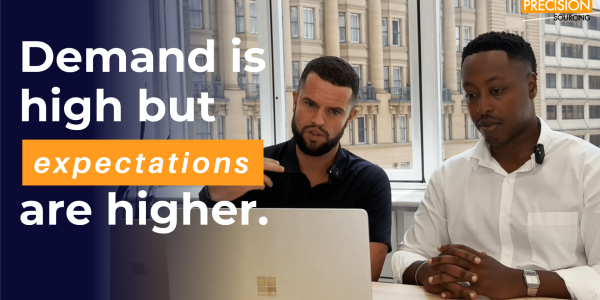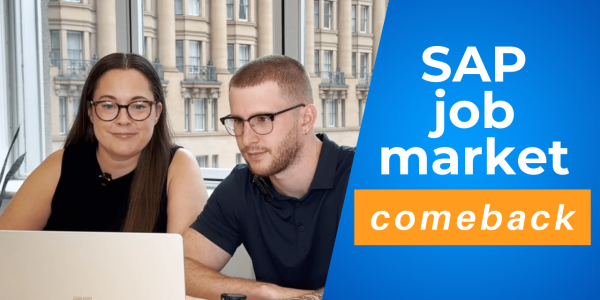As part of Precision Sourcing’s ongoing series of interviews and mission to connect with the best talent, we met with Ana Milovic, currently Credit and Analytics Manager at SocietyOne. We found out about her career in data and her move towards the really exciting, and quickly growing Fintech Space.
Who is Ana?
Ana graduated from my MSc in Statistics and financial markets in Milan in 2013. After completing her studies, Ana moved to Sydney and worked for three years in Risk management for Citi. In November 2016 Ana joined Fintech company SocietyOne, Australia’s leading consumer finance marketplace (peer-to-peer) lender, where she currently looking after Credit Risk and Analytics.
How did you find yourself working in Data?
From my early days at primary school, I have been very passionate about maths and numbers, I would say I am a modern version of the traditional nerd! When the time came to choose my degree, it was an easy choice: by choosing Statistics, I found the perfect combination of abstract maths and real life, which was, in this case, financial markets. That’s where Fintech comes in. It was a very interesting time to get in this area as the global financial crisis was unfolding and the foundations of statistics were being questioned and reviewed.
Who has been the biggest inspiration (mentor) in your career and why (within data)?
I have been very lucky throughout my studies and my career to date to meet many inspirational people: professors, managers and colleagues. They have taught me the importance and power of knowing the numbers and being able to interpret them to drive a business. One of the people that inspired me the most is my thesis mentor from University: she showed me how to look at economic events through an analytical lens.
What personal development do you do to keep yourself sharp?
With data being such a hot topic, there are many great articles and papers available for on-going learning. One area I have been closely watching is non-traditional credit scoring: instead of relying on the usual variables to determine the credit worthiness of consumers, some technology companies are pioneering an innovative approach that uses social media and personal data to get a more accurate picture of the customer. I also keep abreast of government and private sector announcements.
Do you find that organisations are changing in the way that they view data and how it can be used for strategy?
Data and analytics have become key assets to organisations across all industries, particularly in the development of strategy whether that is marketing spend optimisation, insights for the hiring process, risk management, weather forecasts to predict the energy needs of a community, tailoring the consumer experience to their taste, to name just a few. From my experience in credit risk, data availability and accuracy are the two key elements for a successful strategy. More broadly, any business decision, policy change or new strategy now must be backed by data.
What cool things are being done in data at your organisation? What are you most excited for?
What excites me about working at SocietyOne is the value proposition of offering a better deal to customers who are looking to borrow money. The way we are achieving this is by offering a tailored interest rate through leveraging personal data provided by the borrowers that makes each customer unique. This is an innovative way of lending and dealing with each customer as an individual than moves away from the one-size-fits-all approach of traditional banking.
SocietyOne is also enthusiastically participating in the transition to Comprehensive Credit Reporting and, more broadly, the open banking regime – both priorities of the Australian Government – which we believe will make the financial services industry more fair and responsible when it comes to advancing credit.
What advice would you give to women looking to pursue Data/ Fintech careers?
My advice is: go for it! In my opinion, it is the career that offers the broadest range of opportunities across all industries by far. No organisation can survive without data and the people capable of making sense of it.
From my experience, whilst traditionally male dominated, particularly in financial services, the data world is now rapidly opening up to female leaders, especially in fintechs, creating whole new areas of opportunities for talented women.
For More Blogs, Click Here.







